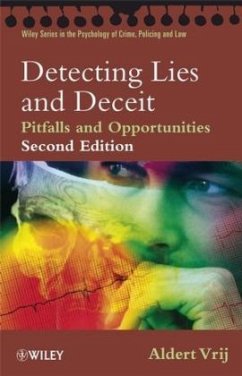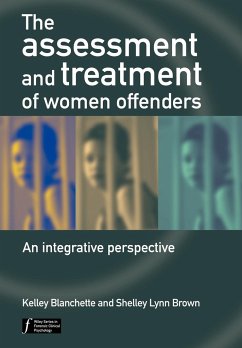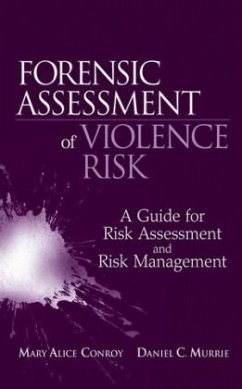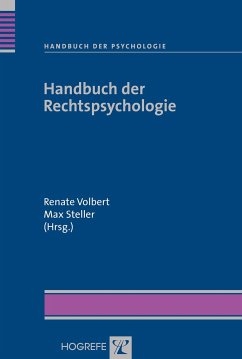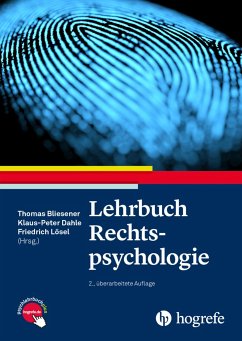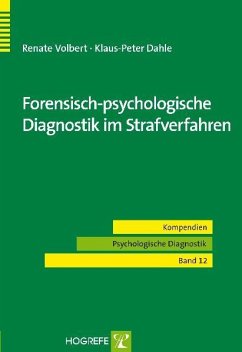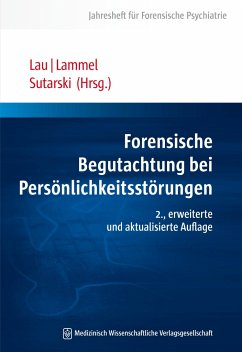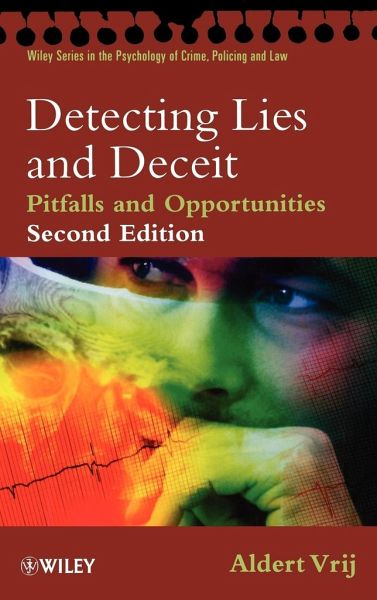
Detecting Lies and Deceit
Pitfalls and Opportunities
Versandkostenfrei!
Versandfertig in über 4 Wochen
176,99 €
inkl. MwSt.
Weitere Ausgaben:

PAYBACK Punkte
88 °P sammeln!
The Second Edition of Detecting Lies and Deceit provides an updated and detailed review of current literature along with guidelines for best practice in detecting deception. All chapters have been revised and updated, taking into account new research in the field.
Why do people lie? Do gender and personality differences affect how people lie? How can lies be detected?
Detecting Lies and Deceit provides the most comprehensive review of deception to date. This revised edition provides an up-to-date account of deception research and discusses the working and efficacy of the most commonly used lie detection tools, including:
_ Behaviour Analysis Interview
_ Statement Validity Assessment
_ Reality Monitoring
_ Scientific Content Analysis
_ Several different polygraph tests
_ Voice Stress Analysis
_ Thermal Imaging
_ EEG-P300
_ Functional Magnetic Resonance Imaging (fMRI)
All three aspects of deception are covered: nonverbal cues, speech and written statement analysis and (neuro)physiological responses. The most common errors in lie detection are discussed and practical guidelines are provided to help professionals improve their lie detection skills.
Detecting Lies and Deceit is a must-have resource for students, academics and professionals in psychology, criminology, policing and law.
Published in the Wiley Series in the Psychology of Crime, Policing and Law
Seried Editors:
Professor Graham Davies and Professor Ray Bull, University of Leicester, UK
Detecting Lies and Deceit provides the most comprehensive review of deception to date. This revised edition provides an up-to-date account of deception research and discusses the working and efficacy of the most commonly used lie detection tools, including:
_ Behaviour Analysis Interview
_ Statement Validity Assessment
_ Reality Monitoring
_ Scientific Content Analysis
_ Several different polygraph tests
_ Voice Stress Analysis
_ Thermal Imaging
_ EEG-P300
_ Functional Magnetic Resonance Imaging (fMRI)
All three aspects of deception are covered: nonverbal cues, speech and written statement analysis and (neuro)physiological responses. The most common errors in lie detection are discussed and practical guidelines are provided to help professionals improve their lie detection skills.
Detecting Lies and Deceit is a must-have resource for students, academics and professionals in psychology, criminology, policing and law.
Published in the Wiley Series in the Psychology of Crime, Policing and Law
Seried Editors:
Professor Graham Davies and Professor Ray Bull, University of Leicester, UK




